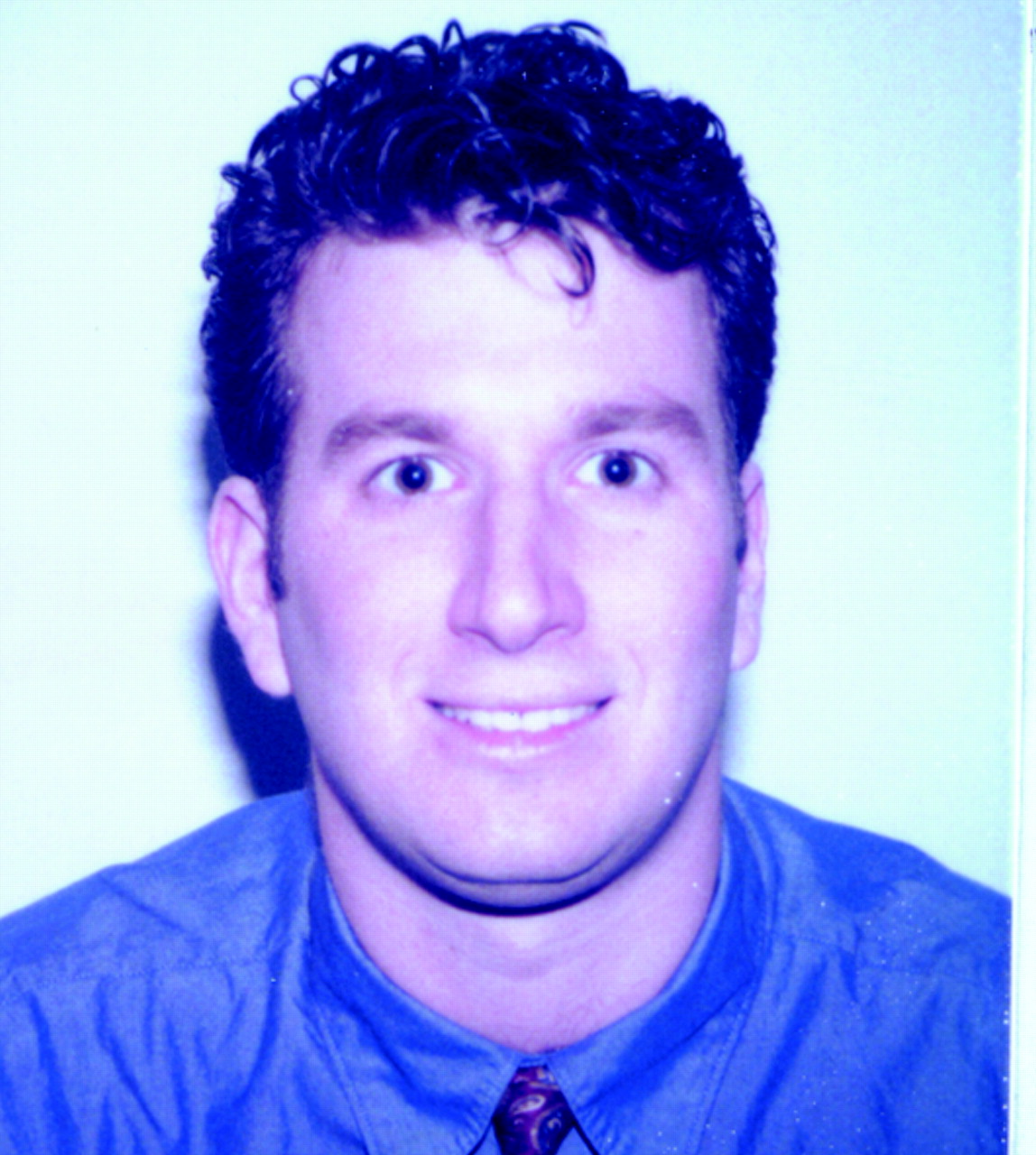Maybe Now They’ll Listen

LIFENET was started four years ago as a round-the-clock information and referral hotline on mental health and substance abuse issues and is run by the New York City Department of Public Health.
A new chapter in the lives of Americans has begun, and no one is sure where September 11 will place psychiatry and mental health issues in the American psyche. In particular, what will it mean to be mentally ill in America after September 11? And, more specifically, how will the events of that day affect the stigma associated with mental illness and the field of psychiatry?
While the precise answers to those questions are not clear, it is very likely that 9/11 will have a profound impact on the field of psychiatry and the way we see mental illness.
No one knows whether and to what extent acute signs of stress and strain in the wake of 9/11 will lead to the onset or exacerbation of mental illness, but some of the early responses from both the public and private sectors indicate that people developed an increased awareness of the importance of mental health after September 11. Several private companies have sought to implement structured counseling and grief sessions with mental health professionals, and some have reported a boom in the use of employee assistance programs since 9/11.
On the federal level, Congress recently pledged $51 million for crisis-intervention counseling as part of an $8.2 billion federal aid package for New York City. In that city the police department is requiring its 55,000 officers to attend informational group sessions at which psychiatrists and psychologists offer the officers additional anonymous counseling and provide the opportunity for them to share their feelings and experiences with others.
The New York Fire Department has taken the novel approach of requiring all 11,500 firefighters to undergo mandatory physical examinations during which they are asked questions about their mental health. The fire department is also having mental health counselors visit fire stations to talk with firefighters and offer the option to arrange for individual counseling.
Americans’ increased acceptance and decreased stigmatization of mental health issues—especially for those most directly affected by 9/11—have been encouraging and should be applauded. But the efficacy of acute-stress interventions is still debated within the psychiatric and mental health communities. And while the merits of such interventions are beyond the scope of this piece, what is most remarkable is that while the federal government, municipal agencies, and the public have willingly confronted this sometimes controversial area, they have been far less willing (both pre- and post-9/11) to address the broader mental health picture.
In fact, there is a peculiar irony that is quickly becoming apparent: Psychiatry is getting credit (and support) for providing acute-stress-response interventions while continuing to get shortchanged in the areas in which there is even more proof of treatment efficacy—the treatment of diagnosable, and often severe, mental illnesses.
The House of Representatives’ rejection a few months ago of the Mental Health and Substance Abuse Parity Act (HR 162) within weeks of signing off on federal aid for crisis-intervention counseling clearly illuminates this point. While receiving bipartisan support and passing the Senate with 66 votes, the parity bill, which sought to mandate equity in treatment, reimbursement, and coverage of mental illness, was rejected by House members of a conference committee just three months after 9/11, even while Congress was supporting funding for mental health crisis intervention related to the events of that day.
While there are multiple issues that led House conferees to defeat the parity bill, there is one issue that seems to be at the center of the debate: the stigma of mental illness. Unfortunately, stigma is not a new problem, and it will not easily be defeated. Mental illness has a long history of second-class status in the world of health care. But perhaps the tragedy of September 11 will help illuminate our nation’s struggle with what it means to be mentally ill.
And while it may seem obvious (and certainly refreshing) that “even heroes need to talk” after experiencing trauma and extreme stress, maybe the suffering these attacks caused will compel our country and our political leaders to begin to listen.
(I would like to acknowledge Dr. Elizabeth Auchincloss and Dr. Robert Michels for their help and guidance in preparing this article.) ▪
Adam Libow is a medical student at Weill-Cornell Medical College in New York.



